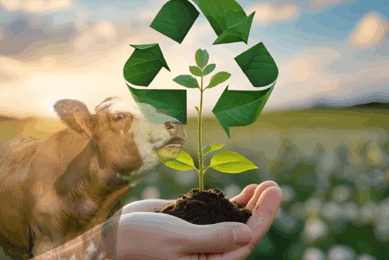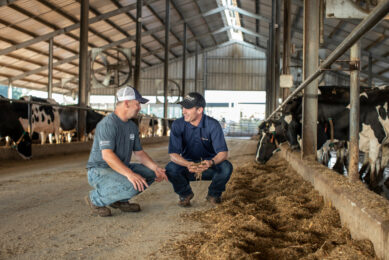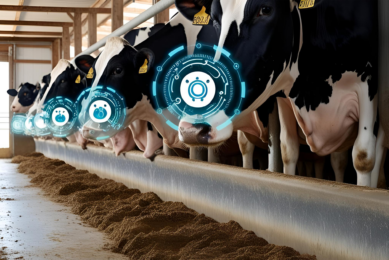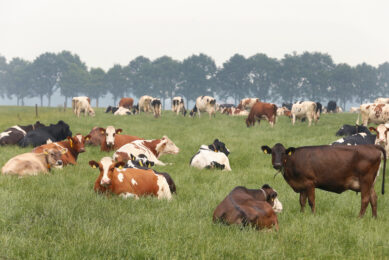Cow power: Animal waste to fuel aircrafts
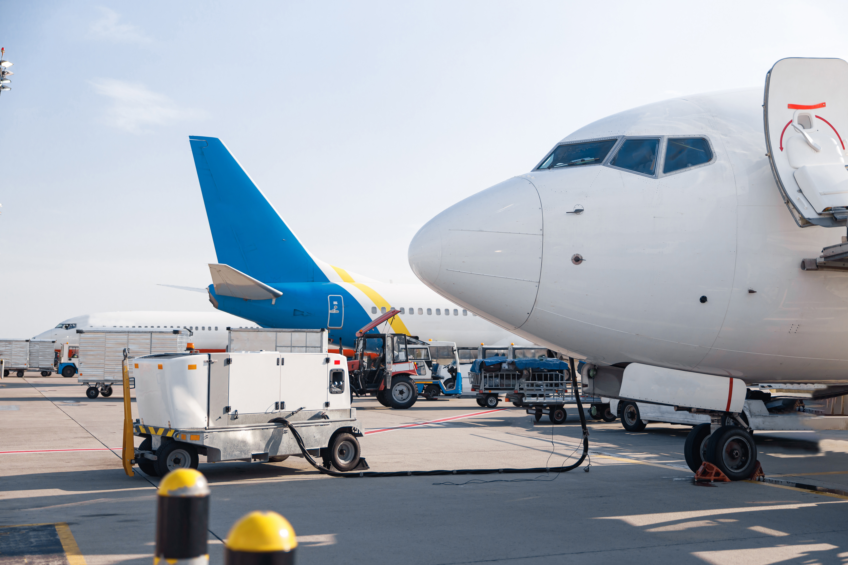
Brazil’s meat giant JBS Foods has started using animal waste from its operations to fuel aircrafts. This material is sourced from the company’s facilities in the United States, Canada and Australia.
According to JBS, about 1.2 million tons of beef tallow and pork lard have been directed towards the production of Sustainable Aviation Fuel (SAF) over the past 2 years.
The process, referred to as “cow power,” involves converting animal waste into fuel, with JBS supplying the raw materials for this conversion. The initiative aims to provide an alternative to fossil fuels, potentially reducing carbon emissions by up to 70%. SAF can also be blended up to 50% with kerosene in commercial aircraft.
Jason Weller, the company’s global chief sustainability officer (CSO), stated that the objective is to reinforce JBS’s commitment to responsible waste management and the promotion of a circular economy.
The aviation sector has historically faced challenges in decarbonisation due to its reliance on fossil fuels. By repurposing animal waste, we contribute to the environment and assist this critical sector in its decarbonisation efforts.” – Jason Weller
Climate-friendly alternative
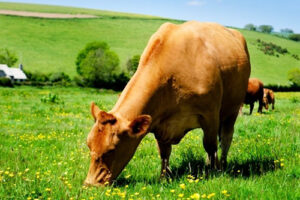
According to the Massachusetts Institute of Technology (MIT), aviation-related carbon dioxide (CO₂) emissions have increased by an average of 2.6% per year over the past 25 years, with the commercial aviation sector accounting for about 5% of the global climate burden.
SAF offers a climate-friendly alternative to fossil fuel, capable of reducing carbon emissions by up to 70% and being used as a blend of up to 50% with kerosene in commercial aircraft.
In Brazil, beef packer and exporter Friboi initiated studies to test the feasibility of using animal waste for aviation fuel production. Additionally, Biopower, a JBS entity, is assessing the potential for producing renewable fuel for ships as an alternative to bunker oil, a fossil fuel predominantly used by maritime vessels.
Biopower is one of Brazil’s largest producers of biodiesel from organic waste derived from cattle processing, offering an alternative that emits 80% less carbon dioxide compared to fossil diesel. The company operates 3 plants located in Mafra (Santa Catarina state), Lins (São Paulo state), and Campo Verde (Mato Grosso state).
Biodiesel B100
In 2023, JBS launched a project to fuel its truck fleet with 100% biodiesel (B100). A truck from the Dutch manufacturer Daf is already using B100 to demonstrate the efficiency of this biofuel as a viable substitute.
The truck has surpassed 120,000 km of usage, with results showing that the vehicle powered by 100% biodiesel (B100) performed equivalently to those using traditional diesel, emitting up to 80% less carbon dioxide.
These B100 tests align with the expansion of biofuels in Brazil’s transportation matrix. Since March 1, 2024, the percentage of biodiesel blended with diesel sold to consumers has increased to 14%.
JBS was the 1st company in the country to receive authorisation from Brazil’s National Agency of Petroleum, Natural Gas, and Biofuels (ANP) to supply its truck fleet. Located in the industrial complex of Lins, in São Paulo state’s interior, the “biopoint,” as it is known, features 2 pumps dedicated exclusively to B100 and can dispense 30,000 litres of fuel.
Join 13,000+ subscribers
Subscribe to our newsletter to stay updated about all the need-to-know content in the dairy sector, two times a week.



